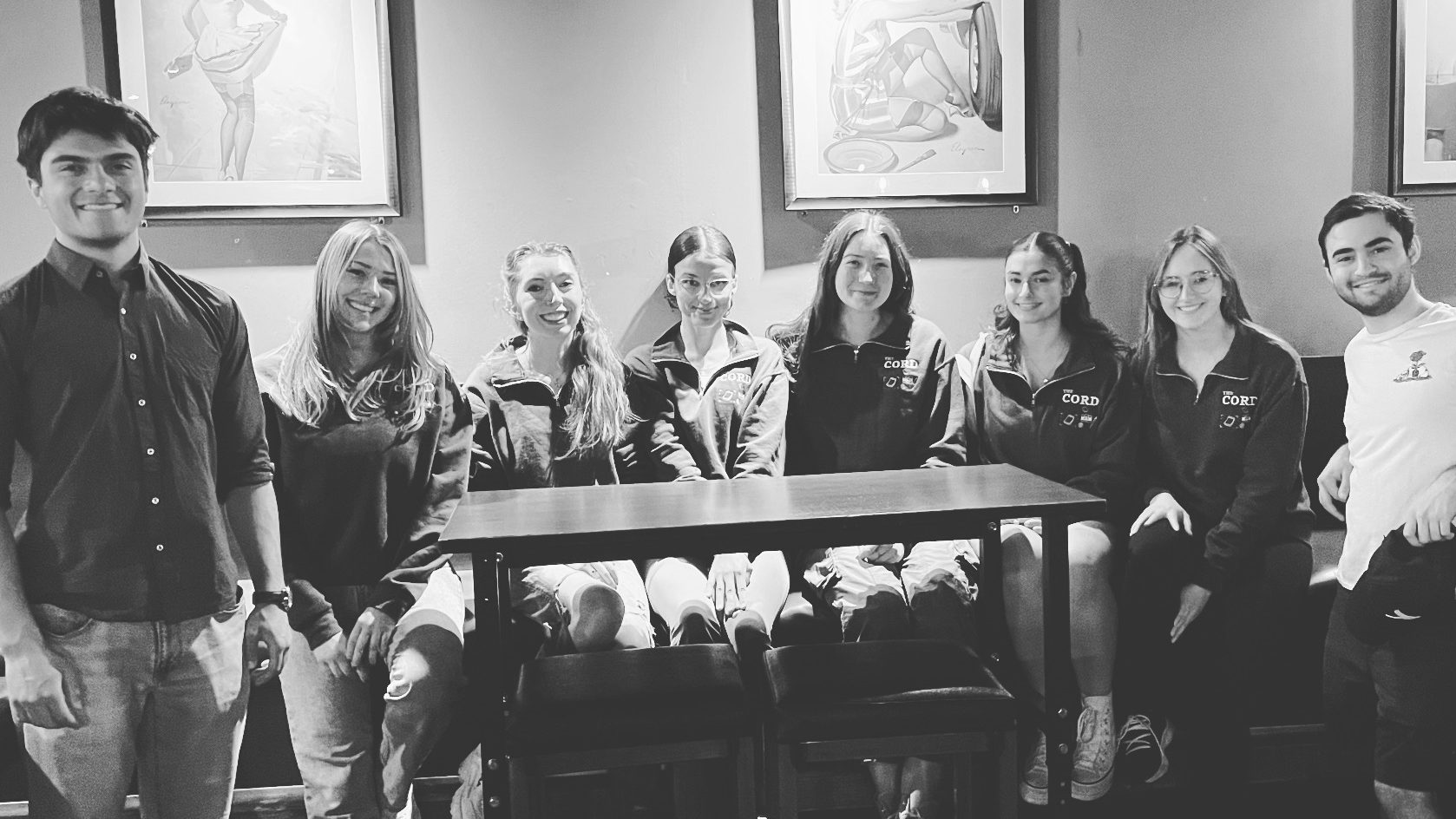
Shohini Ghose, a professor at Wilfrid Laurier University, is being recognized for her work and is one of 30 to receive the Mahatma Gandhi global achiever award.
The award is given by the Non-Resident Indian Welfare Society of India, a non-profit organization, to those of Indian descent working in different fields. This award acknowledges those who have left India and their achievements, indicating its global aspect.
“So this is in honour of Gandhi, who of course spent a lot of time outside of India. So that’s why it’s called the Gandhi global achiever award,” said Ghose, who is an associate professor of physics and computer science and director of the Centre for Women in Science.
The award ceremony took place at Britain’s House of Lords in London, England, where the recipients were able to meet and network with other recipients.
“[House of Lords] is the same place in which Gandhi made a historic visit to when he was leading the independence movement in India. So that was quite an interesting thing,” Ghose said.
“It was really nice to see this community, where all of us have something in common and we do have some ties to India so it was really great to see that all over the world.”
As for her research, Ghose said that this recognition will help in moving forward in terms of applying for funding and grants. It will also help in building connections with others especially through the NRI. Ghose said she believes the organization can be a bridge for connections in the future.
“So who knows, in the future it’s possible to have direct connections with other researchers from India who are interested in my work and who would want to collaborate.”
Ghose is still heavily connected to her culture, as her immediate family resides in India and she visits regularly.
This award will allow her to expand her connections, apart from her family.
“This made me realize that being Indian isn’t always about physically being in one place, although I think that’s true about all nationalities and all identities,” she explained.
“It’s part of building a culture of things that sort of have an impact. Since I grew up in India, that has certainly impacted who I am today and that culture will always be a part of who I am. It’s also nice to connect with others who are also similarly impacted.”








Leave a Reply
You must be logged in to post a comment.